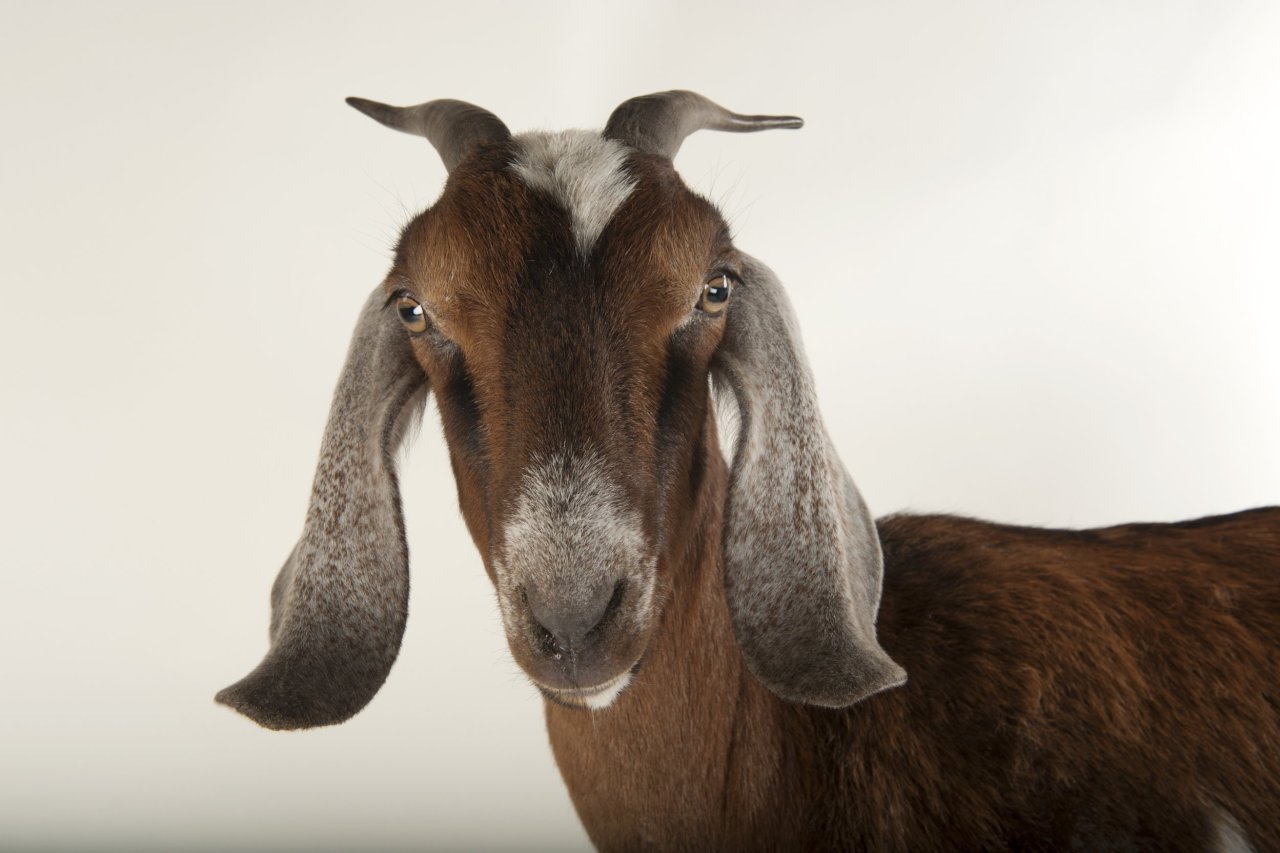The connection is indisputable. When a man or woman locks eyes with his or her dog, something familiar happens: A glimpse of recognition. Studies indicate that dogs are about as receptive to human communication as six-month-old babies. But have you ever gazed into the slit-shaped horizontal pupils of a goat?
No? Me neither! But if you did, you might notice a familiar flicker. According to a new study published in the journal Biology Letters, these bleating beasts have about the same capacity to communicate with humans as puppies do. Researchers at the Queen Mary University of London learned this by training goats to retrieve a treat from a box. Then they switched the box for one the goat couldn't open. After a futile attempt or two, the goats would turn their gaze to a nearby human, making eye contact as if to ask for help. That behavior is called "directed gazing," and prior to this study, scientists had only observed it in domesticated horses and dogs—creatures humans think of as pets, not food.
This surprising news means the domestication of animals for livestock has had a much bigger impact on their psychology than researchers previously thought. About 10,000 years ago, goats were the first livestock species to be domesticated, according to Alan McElligott, a researcher on the study. Scientists have long believed that through domestication, the brains of dogs developed to absorb information from men and women; as humans bred friendlier, more obedient dogs, the trait became universal.
But scientists never knew the same could be true of farm animals—until now. "From our earlier research, we already know that goats are smarter than their reputation suggests," McElligott said in a statement. "But these results show how they can communicate and interact with their human handlers even though they were not domesticated as pets or working animals."
The study comes at a time when goats are enjoying a moment; the internet loves these bug-eyed grass gremlins. Twitter accounts dedicated to baby goats abound, and YouTube videos of goats that sound like screaming men receive tens of millions of views.
Despite the newfound affection for ruminants, goat meat remains a popular delicacy, much to the ire of activists who'd like to keep these cud-chewing critters out of your stew. This study probably won't do that. But it is further evidence that at least some animals have a greater depth of emotional intelligence than humans give them credit for. And similar research, performed on cows, could make you think twice about that hamburger. Salad anyone?





















